Tea Act

PPT Chapter 2 Forming a New Nation PowerPoint Presentation, free
The Declaratory Act noted that Parliament "had hath, and of right ought to have, full power and authority to make laws and statutes of sufficient force and validity to bind the colonies and people of America, subjects of the crown of Great Britain, in all cases whatsoever.". In 1768, the catchphrase of "No taxation without representation.

Why did the British Parliament impose taxes on the colonists after 1763
The Seven Years' War, also known as the French and Indian War, lasted between 1754 and 1763, and cost the British Empire millions of pounds. Because the war was so expensive and was fought in North America, the British government raised taxes on colonists, which led to political disagreement.

Quartering Act Definition
The early colonists did not flee Europe to pay high taxes in the New World. Prelude to the American colonies B eginning in the fifteenth century, dreams of gold, silver, spices, and other trading opportunities motivated European adventurers to explore and claim tracts of land in Africa, Asia, and the Americas for their sovereigns and hefty.
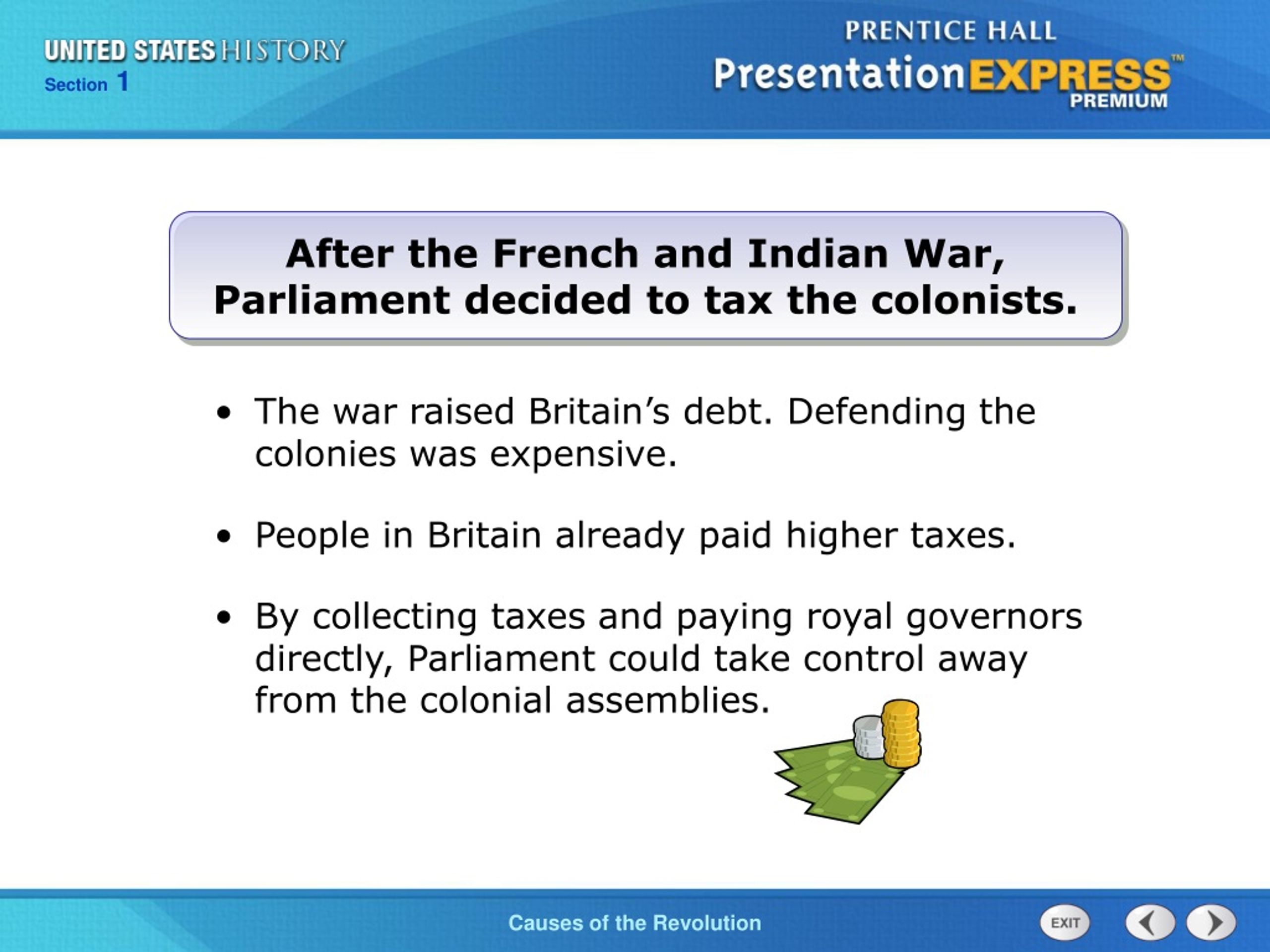
PPT Describe the colonists’ political heritage. Explain the colonists
After the Seven Years' War ended in 1763, leaving the British Empire in financial distress, the British Parliament sought to fill its coffers by taxing the colonies. 1 The Stamp Act, which levied taxes on all printed material in the North American colonies, had provoked so much unrest that Britain was ultimately forced to repeal it.At the same time, however, the British Parliament passed.
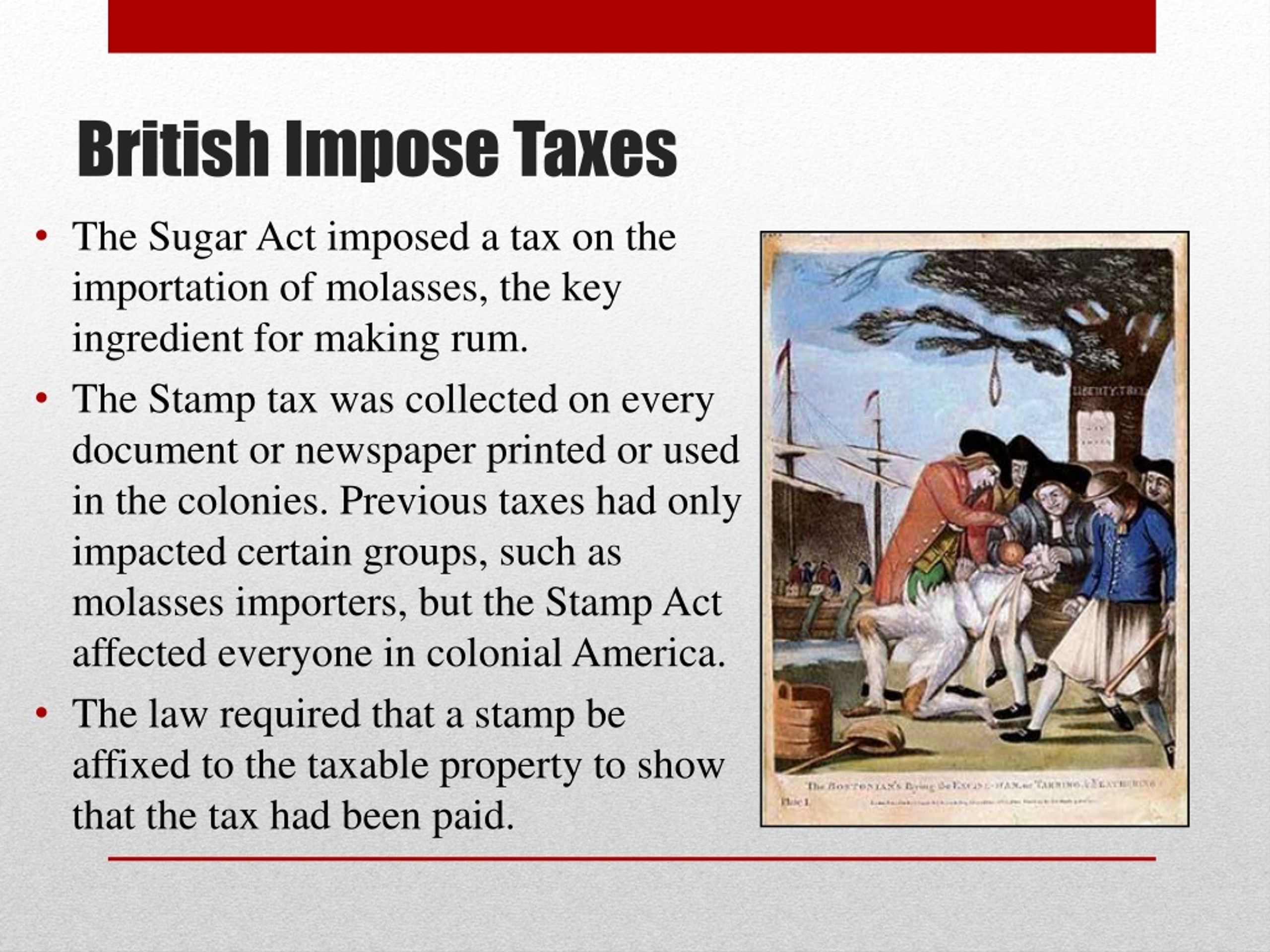
PPT SSUSH3 The student will explain the primary causes of the
It is important to note that the specific taxes imposed, such as the Stamp Act and the Townshend Acts, were met with resistance from the colonists. This resistance eventually led to tensions between the colonies and the British government, which played a significant role in the American Revolution. In summary, the British imposed new taxes on.
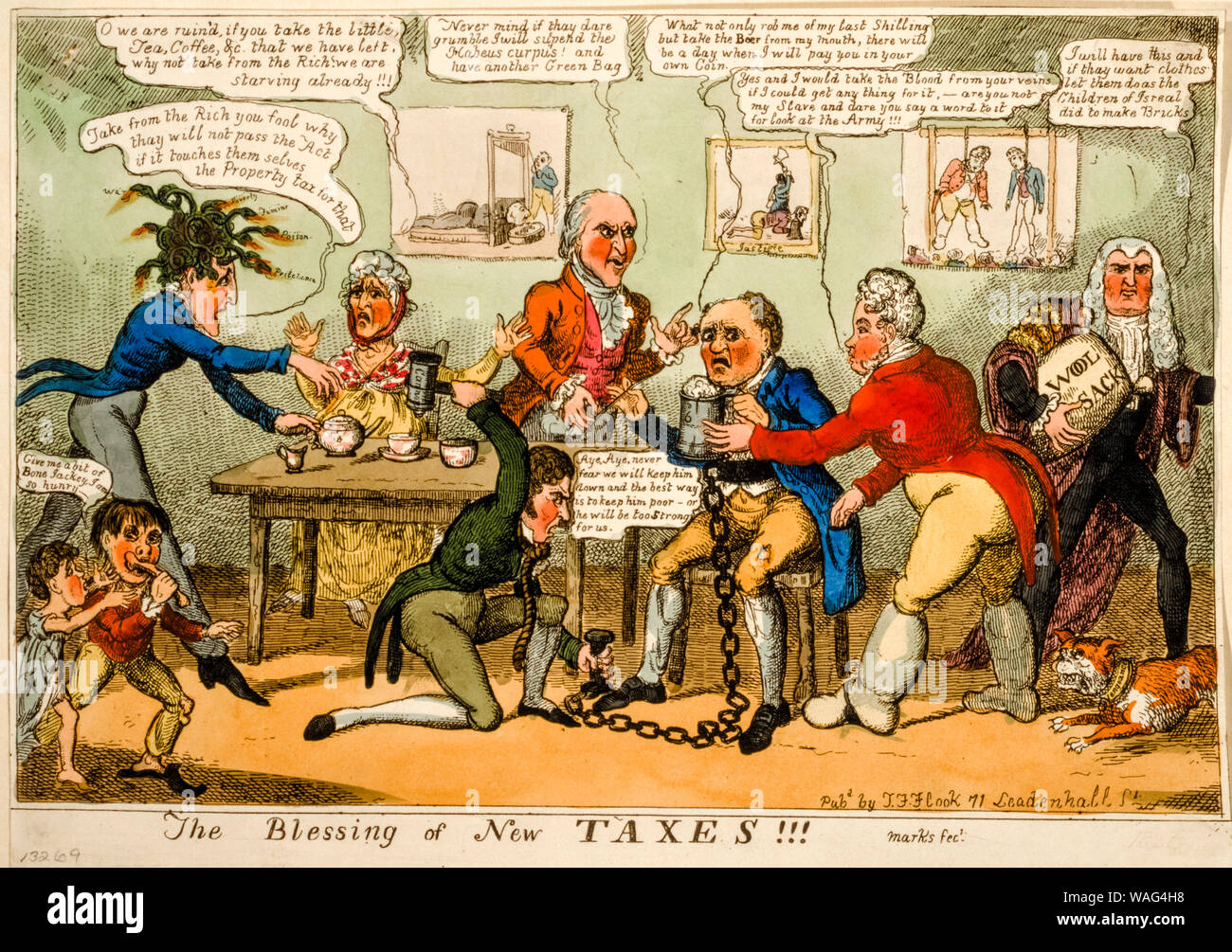
The blessing of new taxes!!!, British, 19th Century, Political Cartoon
Townshend Acts, During June and July 1767, the British parliament passed a series of four laws known as the Townshend Acts. The name came from Charles Townshend (172… Stamp Act, In March 1765 the English Parliament passed the Stamp Act, which imposed a tax on all paper imported into the American colonies. To get the paper the… Sugar Acts, The Sugar Act, also known as the Revenue Act, was.
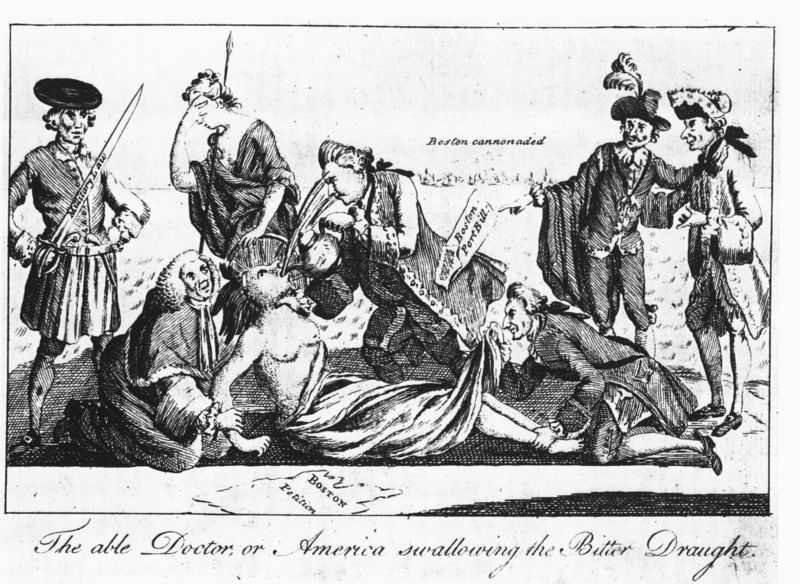
How Did The Colonists Respond To British Taxes Tax Walls
tried to explain why this sudden and surprising change occurred. They have mainly examined the economic restraints that Britain imposed on the commer-cial activities of the American colonists, the British attempts to tax the colonists to raise revenue in order to meet the administrative and military costs of govern-
/the-boston-tea-party--1773-1158765022-3ef57e0d60c44c06a1c5b1eb73310439.jpg)
Why Britain Attempted to Tax the American Colonies
Why did the British feel it necessary to impose new taxes on the American colonists? to aid in the cost of building new factories in New England . to cover the expense of maintaining missions in North America. to support the creation of a new parliament in Canada.
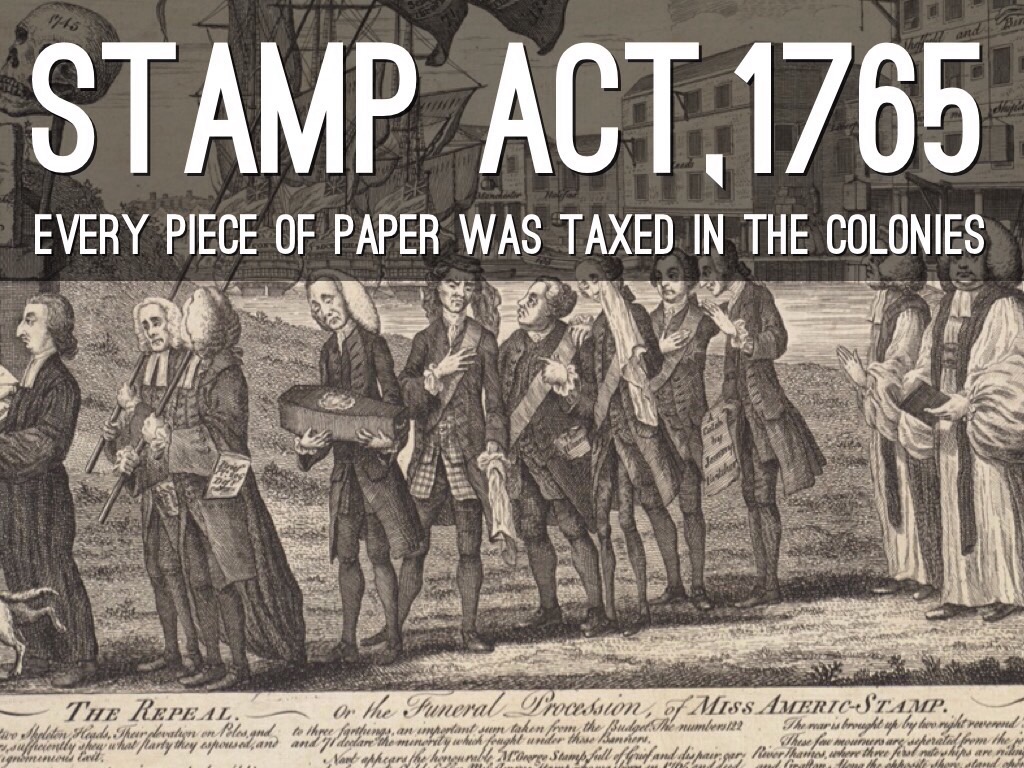
The Stamp Act allowed the Parliament to tax paper items that the
To impose a Tax on the Colonies, in the British parliament appears to me, to be a measure almost as impolitic, as it is inconsistent with the rights of the Colonists; < 15 > for as they are unalterable of opinion, that such an imposition is no less arbitrary than oppressive, it will be degrees alienate their affections from the Mother Country.
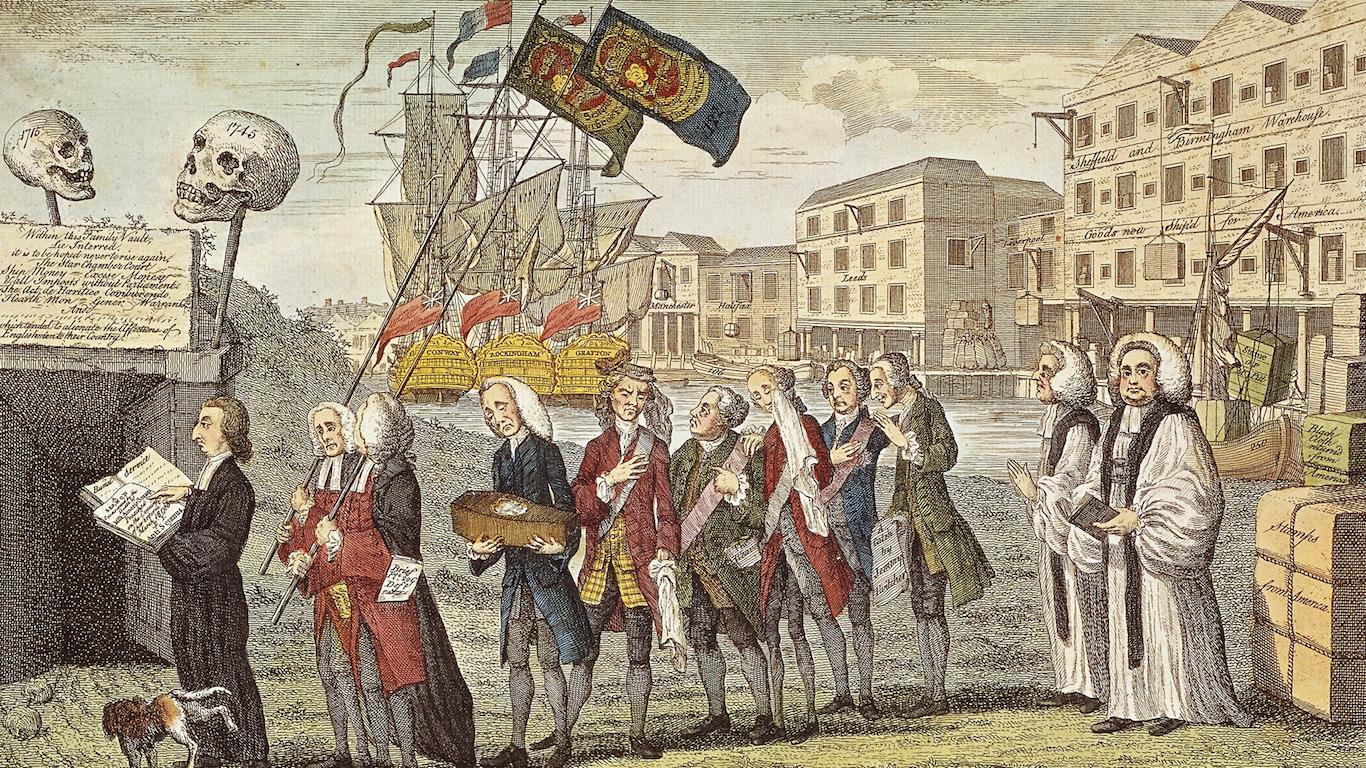
Share
The attempts by Britain to tax its North American colonists in the late 1700s led to arguments, war, the expulsion of British rule and the creation of a new nation. The origins of these attempts lay, however, not in a rapacious government, but in the aftermath of the Seven Years' War. Britain was attempting to both balance its finances and.
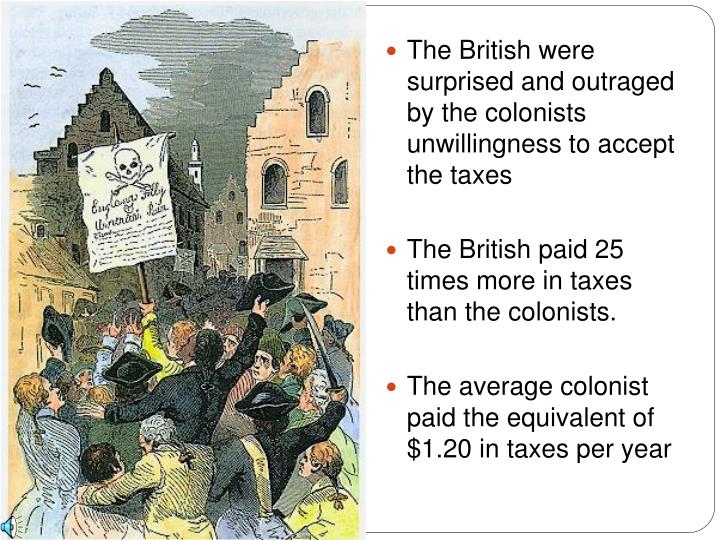
PPT The Road to Independence PowerPoint Presentation ID1105220
British policies toward the colonies in North America changed after the French and Indian War ended in 1763. The colonies were becoming more expensive to operate. The Native Americans were not.

Colonial America Overview, Timeline & History Lesson
It imposed certain new taxes on the colonists to pay for the British armed forces in America. In 1765 Britain passed the Stamp Act, which put a stamp duty (tax) on various documents and items.
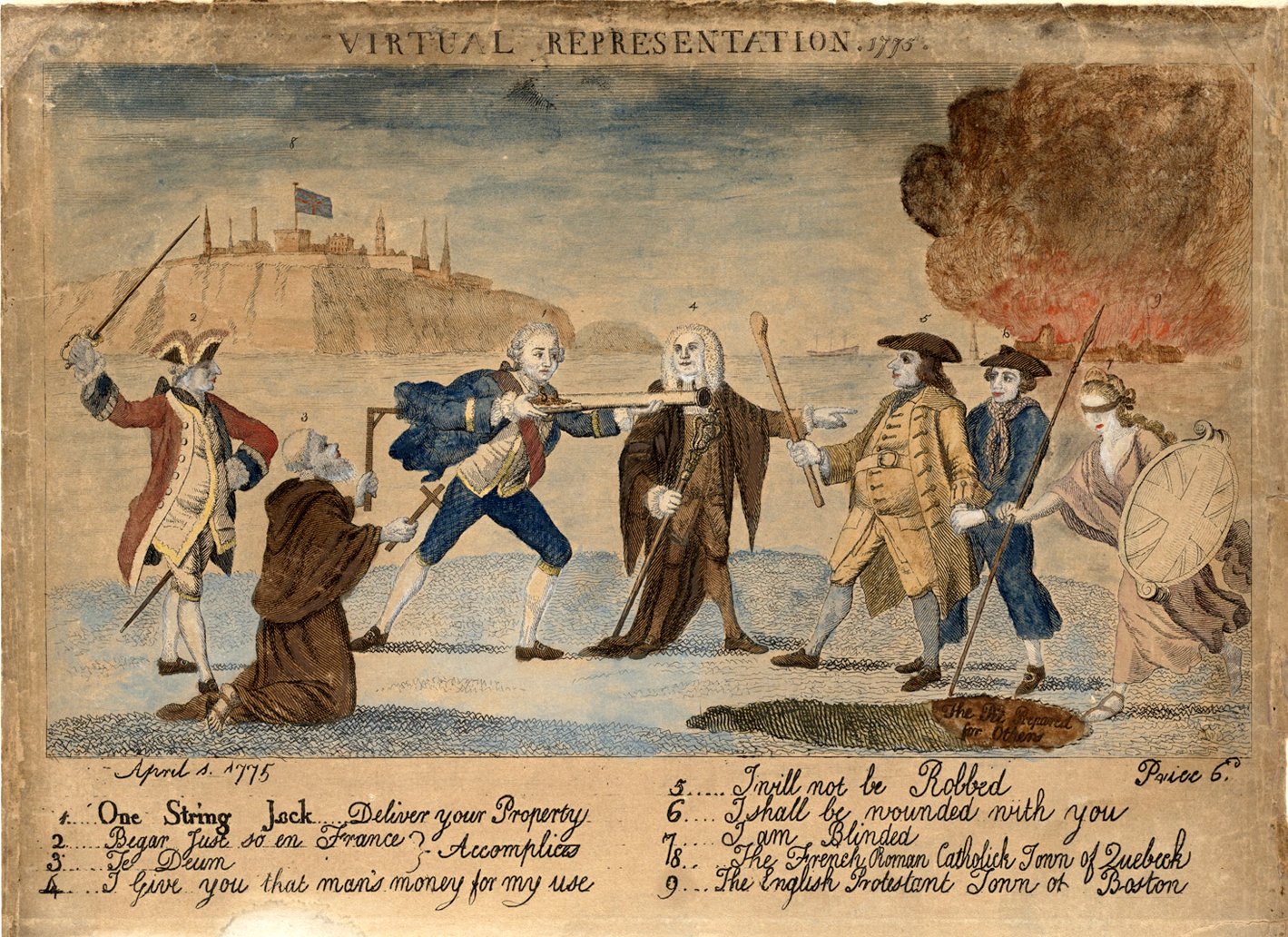
Why did the british impose taxes on the colonists. Why did the British
They knew very well that new taxes were going to irritate the colonists. But they were forced to take the big chance, because Britain needed the money so badly. This was common for a mother country to do to its colonies, and it went on for a long time.

Why did the british impose taxes on the colonists. Why did the British
The British felt it necessary to impose new taxes on the American colonists primarily to help pay war debts from fighting the French and Indian War. 1. The French and Indian War, also known as the Seven Years' War, was a costly conflict between Britain and France fought in North America from 1754 to 1763.
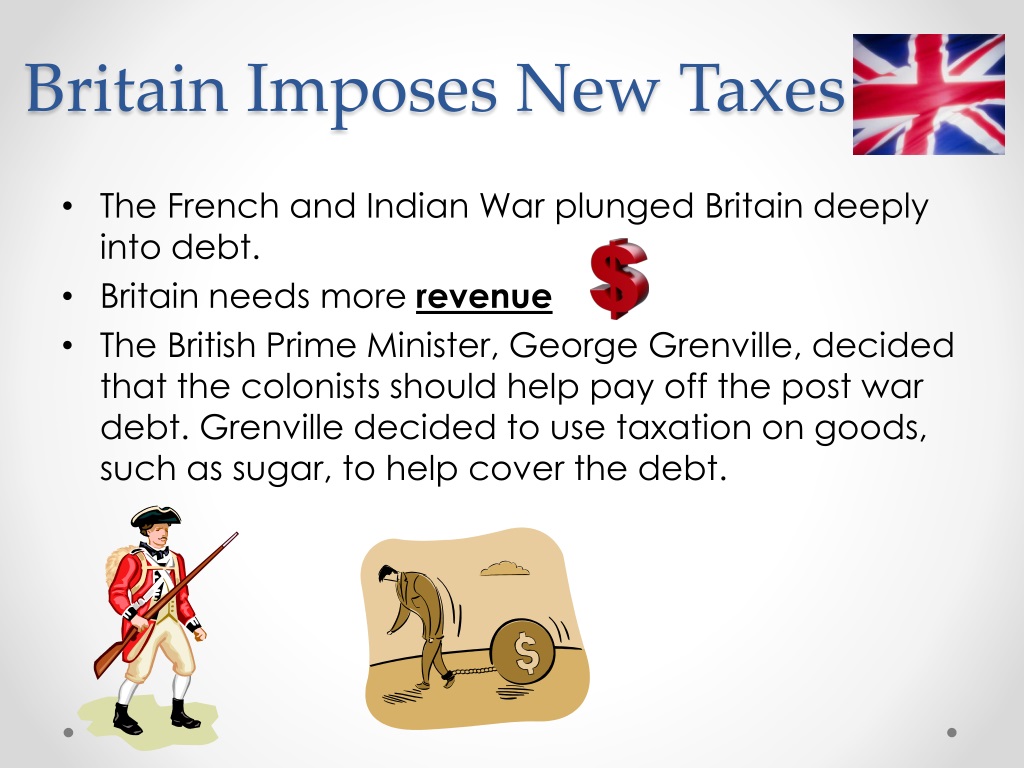
PPT Turmoil over Taxation PowerPoint Presentation, free download ID
Virtual representation. A theory that members of Parliament were obligated to defend the interests of British subjects and colonists alike and that colonists did not need colonial representatives. Stamp Act (1765) Passed by British Parliament, it was a direct tax on all printed material in the North American colonies.

New Taxes for the Colonists Facts, Worksheets, Responses &
Unfair Taxes and Loyalties. The Taxation Acts were passed by the British government during the 1760s and 1770s to help pay off the debt the British had incurred during the French and Indian War. These taxes on trade and commerce caused unrest that would lead to the American Revolution. "Taxation without representation" was one of the central.